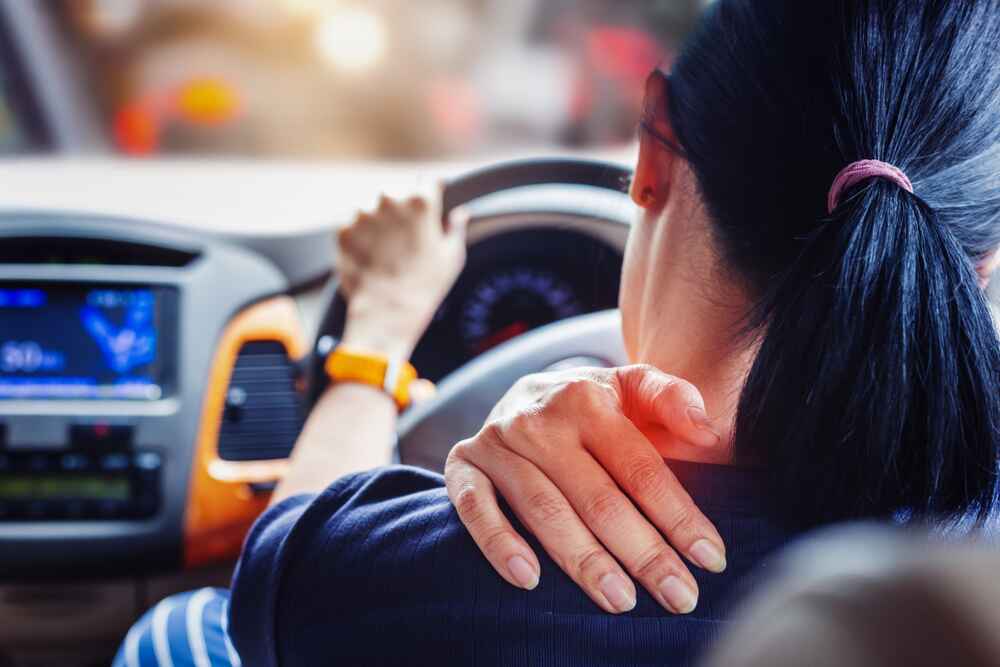Auto accidents can result in a range of injuries, from minor sprains and strains to more severe fractures and whiplash. After seeking immediate medical attention for acute injuries, individuals often require rehabilitation to regain full function and alleviate pain. While conventional treatments like physical therapy and medications are commonly prescribed, many people are also turning to alternative therapies to complement their recovery process. In this blog, we will explore some alternative therapies that can be beneficial for auto injury rehabilitation, highlighting their potential benefits and considerations.
Don’t let auto injuries hinder your quality of life – reach out to Specialty Care Clinics at (469) 545-9983 and take the first step towards a holistic and effective auto injury rehabilitation plan.
Chiropractic Care:
Chiropractic care is a popular alternative therapy for auto-injury rehabilitation, especially for conditions like whiplash and musculoskeletal injuries. Chiropractors focus on aligning the spine and musculoskeletal system, using manual adjustments to relieve pain, restore mobility, and promote natural healing. Chiropractic care can be effective in addressing spinal misalignments and reducing pressure on nerves, providing pain relief and improving overall function.

Acupuncture:
Acupuncture is an ancient Chinese therapy that involves the insertion of thin needles into specific points on the body. This technique is believed to balance the body’s energy flow and stimulate natural healing. For auto-injury rehabilitation, acupuncture can help reduce pain, inflammation, and muscle tension, supporting the body’s recovery process and promoting relaxation.
Massage Therapy:
Massage therapy is widely recognized for its benefits in promoting relaxation and reducing muscle tension. For auto-injury rehabilitation, targeted massage techniques can help improve circulation, relieve pain, and enhance flexibility. Massage therapy can be particularly beneficial for individuals with soft tissue injuries, as it can reduce scar tissue formation and aid in the healing process.
Herbal Medicine:
Herbal medicine, or herbalism, uses natural plant-based remedies to support healing and promote well-being. For auto-injury rehabilitation, certain herbs and herbal supplements may have anti-inflammatory properties and can aid in tissue repair. It is essential to consult a qualified herbalist or healthcare provider before using any herbal remedies to ensure their safety and effectiveness.
Yoga and Pilates:
Yoga and Pilates are mind-body practices that focus on improving strength, flexibility, and balance. These exercises can be beneficial for auto injury rehabilitation, as they help build core strength, enhance posture, and increase body awareness. Modified yoga and Pilates routines can be tailored to accommodate individual injuries and limitations.

Mindfulness and Meditation:
Incorporating mindfulness practices and meditation into the recovery process can have positive effects on managing pain and reducing stress. Mindfulness-based stress reduction techniques can help individuals cope with the emotional and psychological impact of auto injuries, promoting overall well-being during the rehabilitation period.
Considerations and Consultation:
While alternative therapies can be beneficial for auto injury rehabilitation, it is essential to approach them with caution and in conjunction with conventional medical care. Before starting any alternative therapy, it is advisable to consult with a qualified healthcare professional, such as a chiropractor, acupuncturist, or herbalist, to ensure that the chosen therapy is suitable for the specific injury and overall health condition.
Additionally, individuals should inform their primary healthcare provider about any alternative therapies they plan to incorporate into their recovery plan. This ensures that all aspects of the rehabilitation process are well-coordinated, and potential interactions with medications or treatments are considered.
